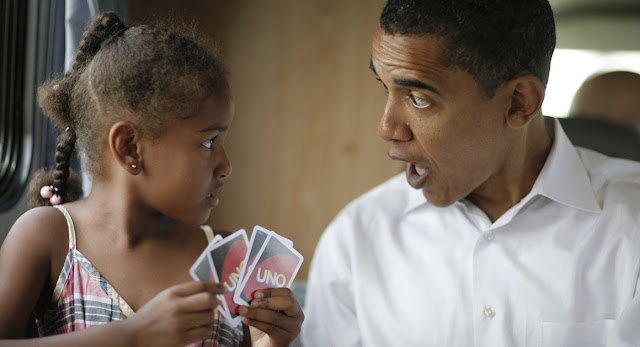Lawyers explain implications of ruling on President Uhuru Kenyatta's ICC case
NAIROBI, KENYA: Lawyers were Thursday analysing the direction President Uhuru Kenyatta’s case might take at the International Criminal Court ( ICC), a day after defence lawyers sought termination of charges but prosecution pressed for an indefinite adjournment.
Constitutional lawyer Peter Wanyama agreed with the President’s defence team that the case should be dropped after the prosecution admitted to lack of enough evidence to proceed to trial.
Law Society of Kenya (LSK) Chairman Eric Mutua and constitutional lawyer Donald Rabala said if the court grants Prosecutor Fatou Bensouda’s request to suspend the crimes against humanity charges indefinitely, the Head of State will be carrying a political baggage that might limit his interaction with other regional and international leaders.
If the judges were to suspend the trial, it would mean they had bought the prosecution’s arguments that the Kenya Government had obstructed justice by declining to turn over Uhuru’s financial and telephone records that Bensouda’s team is banking on to keep the case alive after conceding the available evidence is not enough.
Wanyama said the judges have to consider various options in their determination of the case, affirming that in criminal law, the burden of proof rests with the prosecution and not the accused. “It is shocking to see the prosecution trying to shift the burden of proof to the accused, in this case President Uhuru Kenyatta. It is unfortunate that he is the Head of State but this does not give the prosecutor leeway to sustain the case,” he said.
Wanyama continued: “This will be a first of its kind, if the judges grant the prosecution’s wish to suspend the case indefinitely.” Mutua and Rabala Thursday concurred that the determination of the case in Kenyatta’ favour would give him independence and boost his engagement with the international community.
The two affirmed that both parties put a strong case during the status conference in The Hague, but the final decision rests with the judges. “If the President is discharged, then all is well. He will have been vindicated but he cannot hold the court or the prosecutor liable for anything,” said Mutua. Rabala said: “The President’s independence, reputation and ability to interact with fellow presidents and leaders is at stake. For now, the President will have to sit pretty and wait for the court’s decision after the status conference.” Mutua told The Standard if the trial is suspended, the prosecution will have time to reorganise itself, including waiting until the President leaves office.
Standard digital
Constitutional lawyer Peter Wanyama agreed with the President’s defence team that the case should be dropped after the prosecution admitted to lack of enough evidence to proceed to trial.
Law Society of Kenya (LSK) Chairman Eric Mutua and constitutional lawyer Donald Rabala said if the court grants Prosecutor Fatou Bensouda’s request to suspend the crimes against humanity charges indefinitely, the Head of State will be carrying a political baggage that might limit his interaction with other regional and international leaders.
If the judges were to suspend the trial, it would mean they had bought the prosecution’s arguments that the Kenya Government had obstructed justice by declining to turn over Uhuru’s financial and telephone records that Bensouda’s team is banking on to keep the case alive after conceding the available evidence is not enough.
Wanyama said the judges have to consider various options in their determination of the case, affirming that in criminal law, the burden of proof rests with the prosecution and not the accused. “It is shocking to see the prosecution trying to shift the burden of proof to the accused, in this case President Uhuru Kenyatta. It is unfortunate that he is the Head of State but this does not give the prosecutor leeway to sustain the case,” he said.
Wanyama continued: “This will be a first of its kind, if the judges grant the prosecution’s wish to suspend the case indefinitely.” Mutua and Rabala Thursday concurred that the determination of the case in Kenyatta’ favour would give him independence and boost his engagement with the international community.
The two affirmed that both parties put a strong case during the status conference in The Hague, but the final decision rests with the judges. “If the President is discharged, then all is well. He will have been vindicated but he cannot hold the court or the prosecutor liable for anything,” said Mutua. Rabala said: “The President’s independence, reputation and ability to interact with fellow presidents and leaders is at stake. For now, the President will have to sit pretty and wait for the court’s decision after the status conference.” Mutua told The Standard if the trial is suspended, the prosecution will have time to reorganise itself, including waiting until the President leaves office.
Standard digital




Comments
Post a Comment